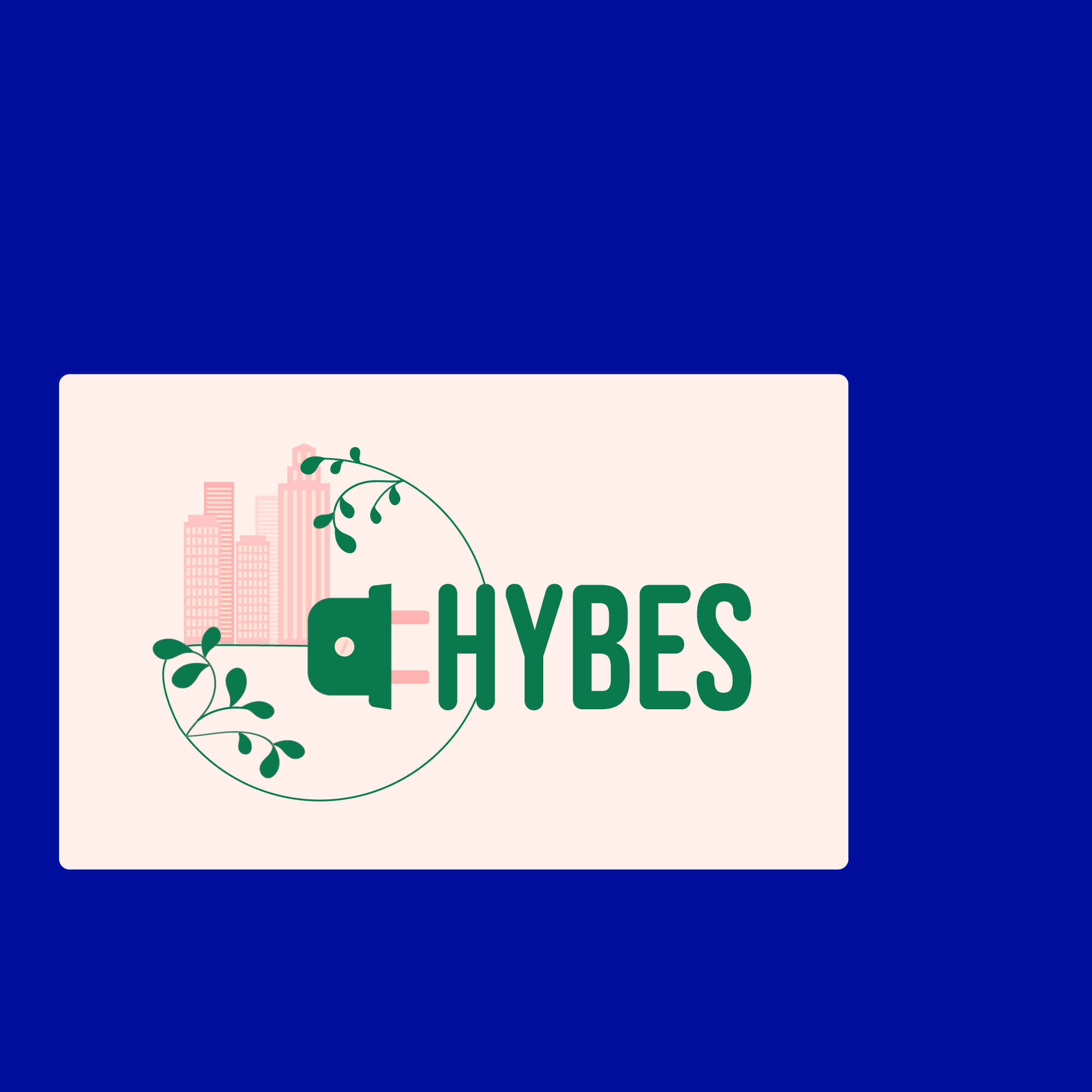HYBES
HYBES is an international development and research project exploring hybrid energy systems integrating renewable energy sources and energy storage technologies to provide sustainable energy solutions for Arctic communities.

THE HYBRID ENERGY SYSTEMS FOR REMOTE COMMUNITIES IN THE ARCTIC
Central to the HYBES project is using the Quadruple Helix approach and the living lab concept to develop and implement innovative actions that facilitate decarbonisation and advance carbon neutrality goals in each partner region. This approach requires that each partner region includes partners from the four strands of the quadruple helix (municipalities, universities/research centres, businesses, and citizens). HYBES can then produce outputs that better suit remote communities in the Arctic, as it brings together the multiple facets and intricacies of collaboration at a local level to influence decision-making and policy development directly. The Arctic is a unique and challenging environment for energy systems due to its extreme weather conditions, long periods of darkness, and limited infrastructure. Local communities still rely on fossil fuels, which are environmentally unsustainable for their energy needs. In combination with the Quadruple Helix approach, the HYBES project works directly with the local community in each of the identified decarbonisation zones to facilitate a bottom-up approach to decision-making and empower local communities to adjust behaviours and implement actions in their daily lives that enable greater energy efficiency and decarbonisation.



